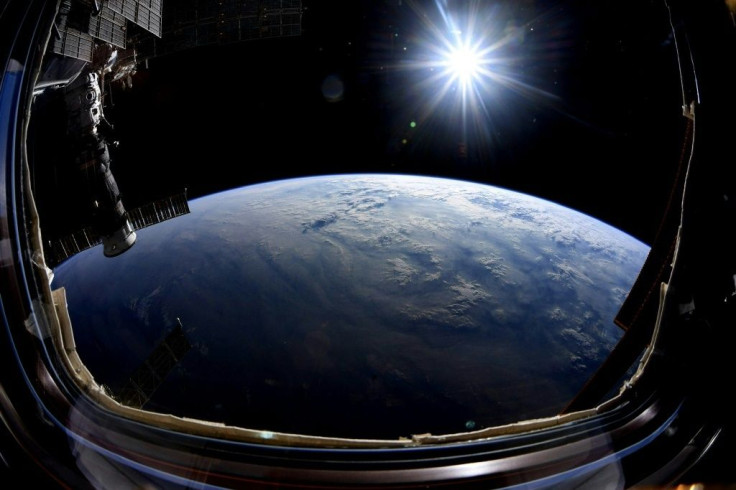Russia Considering Quitting The ISS By 2025: Report
KEY POINTS
- Russia may be quitting the ISS by 2025, reports say
- The decision may be based on a technical inspection
- Russia is considering building its own space station
- It also recently partnered with China for a lunar space station
Russia is reportedly mulling over quitting the International Space Station (ISS) by 2025 after decades of partnership with the U.S.
The ISS is "the most ambitious international collaborations ever attempted," NASA said. For over 20 years, multiple nations including the U.S., Canada, Japan and Russia have collaborated to keep the orbiting laboratory going. However, it appears that this international cooperation may move in a different direction in the coming years.
Last weekend, Roscosmos, the Russian space agency, announced that it would decide whether or not to withdraw from the ISS in 2025 after a technical inspection, Russian News Agency TASS reported.
"Lately, reports about technical malfunctions have been coming more often. In order to avoid any risks in case of accidents, it's necessary to carry out a technical inspection of the station. After this, a decision should be made," Russian Deputy Prime Minister Yuri Borisov said as per the outlet.
And if it decides to pull out from the ISS, Borisov noted that Russia would "fairly" notify its partners.
The ISS is expected to be retired by 2030, The Moscow Times said in a report. In March, Russia and China revealed the plans to create a joint lunar space station that would either be on the surface or in the orbit of the moon. Russia had previously not signed the Artemis accords, citing that it was too "U.S.-centric."
In an interview with the Vesti program on Rossiya-1 TV channel, Borisov also said that Russia could build a new orbiting station, whether with partners or on its own, TASS reported. Should it come to fruition, the new Russian space station would be built in a higher orbit than the ISS.
When asked about the plans to pull out from the ISS, cosmonaut Sergei Rhyshikov, who recently returned to Earth from the ISS along with Sergei Kud-Sverchkov and NASA's Kate Rubins, said that there were still "no obvious reasons" to do so, saying that "the station's condition is quite good," TASS reported.
"The rich experience accumulated aboard the Salyut and Mir orbital stations makes it possible to work systematically on possible adverse changes either in onboard systems or expendables - in the entire array of equipment that may cut the service life," Rhyzhikov told Rossiya-24 TV channel in an interview, according to TASS. "That is why, the service life increases several-fold and modules are used. To my mind, there are no obvious reasons for cutting the term of the station's operation so far."
Through the years, the ISS has had its fair share of wear and tear. For instance, it recently had to be repaired because of air leaks in the Zvezda module. However, it has also undergone many upgrades through the years since it was built in the late 1990s.
In the 20 years of its existence, the ISS has been a "marvel of cooperative engineering, science and research," NASA said.

© Copyright IBTimes 2025. All rights reserved.






















